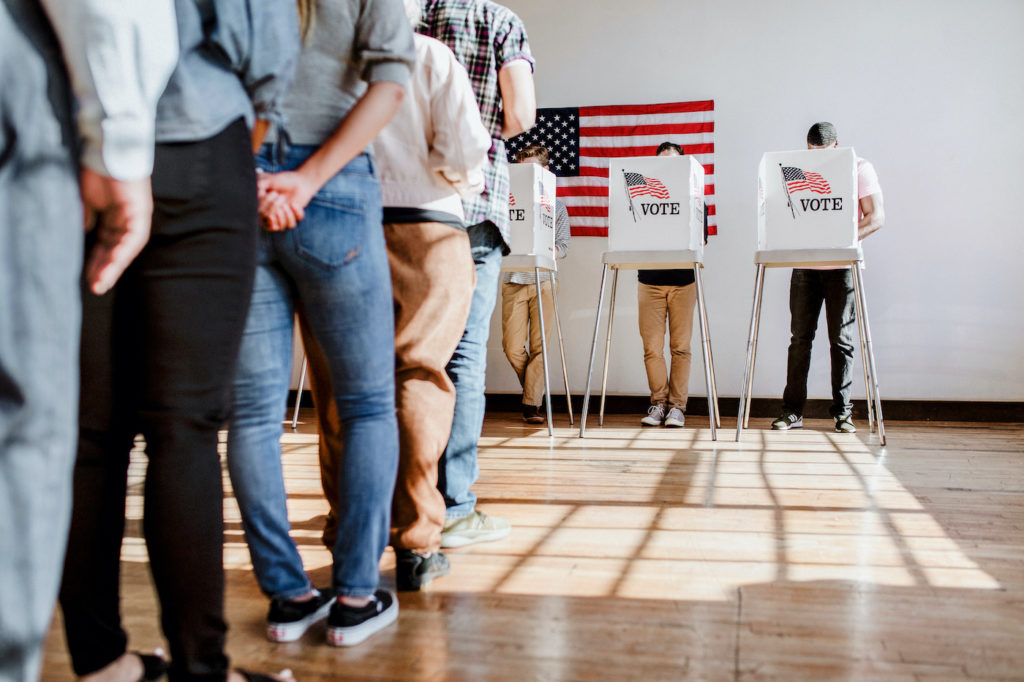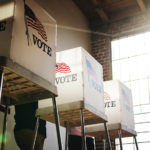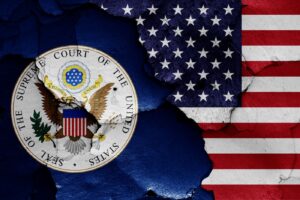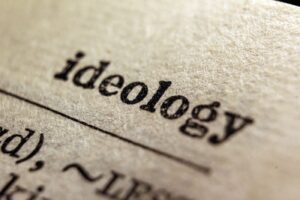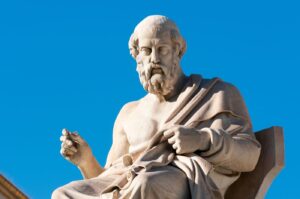When we ask about the relationship between religion and democracy, as many do in these latter days, we can ask along a number of different lines. We might ask about religion’s historical contribution to the practices and ideas that animate democratic politics. We might ask about the ways in which religion forms individuals’ and groups’ political commitments—or, alternatively, how democracy’s political commitments form individuals’ and groups’ religious beliefs. We might ask about how democracies draw on or perhaps at times subvert religious meanings and symbols. And so on.
Robert Wuthnow, the eminent sociologist of religion at Princeton, approaches the subject from a different angle in his 2021 book, Why Religion Is Good for American Democracy (Princeton University Press): he looks at the ways in which religion has contributed to American democracy over the past century or so—not just as an originator of political ideas but, perhaps more importantly, as an incubator of and vehicle for political action. Working through the various roles that religious groups played in debates over the New Deal, war, civil liberties, welfare, economic policy, and Covid-19, Wuthnow assiduously details how religious groups helped bring Americans’ diverse views into political debates at the national level.
For those reasonably familiar with the trajectory of twentieth-century American politics and the ways religious groups engaged, much of the book may read as pretty pedestrian. No surprise that there were plenty of religious pacifists in the interwar period (and, indeed, well into the start of World War II). Nor should anyone be shocked that religious groups had some strong views on the welfare reform of the 1990s or immigration debates. And that, in a way, is Wuthnow’s point: that religious groups participate in the democratic process in much the same way that other groups do is precisely why religion has been good for American democracy, especially because American religion is so remarkably diverse.
Religious groups are used to clashes, contest, and disagreement, and their long history and experiences with argument help widen and invigorate democratic debate.
And here is the nub of what makes the book distinctive: for Wuthnow, American religion’s benefits to democracy flow out of its diversity. Because there are so many religions and denominations, sects, and subdivisions within those religions, they offer correspondingly diverse views on the whole range of political issues. Noting this, Wuthnow ably connects the dots and shows just how religion participates—and participates well—in our democratic contests. Religious groups are used to clashes, contests, and disagreements, and their long history and experiences with argument help widen and invigorate democratic debate.
Start your day with Public Discourse
Sign up and get our daily essays sent straight to your inbox.But the distinctiveness is also where we might worry a bit about Wuthnow’s argument. He is operating within a view of democracy that seems to me impoverished, in large part because it tries to be just about democracy.
Wuthnow’s argument that religion is good for American democracy depends on the idea that democracy is a fundamentally agonistic political order. By that, he means that it is a system of government in which individuals and groups contest against one another on the full range of political issues. For democratic agonists, attempts to bracket off any questions as closed to contestation are themselves undemocratic and typically serve the interests of those with power, status, and money. Wuthnow is especially keen to show that even when religion brings to the fore views that are not much loved in polite society, they are nonetheless useful since they are views that citizens actually have. And democracy is just about debating and then deciding among the views that the people hold. In other words, religion is good because it helps make democracy function more effectively.
But what if those views are bad? What if those views are bad in the sense that they look to license the subjugation or even killing of whole classes of people? What if those views are bad in the sense that they look to make it harder for others to also offer their views? The trouble with agonistic democracy is that it too often lacks what seem to me persuasive grounds for limiting the agonism, except where it seems to correspond to a particular understanding of what democratic life should look like. That is, no agonist is a complete agonist, (i.e. without limits), but how to set those limits always remains rather unclear, even as our actually existing American democracy is intentionally structured to hem in and block some of that agonistic contestation. Wuthnow seems to understand that this is a problem, as he deliberates a bit in the conclusion on the question of how to think about religion that prefers a kind of political authoritarianism—a decidedly undemocratic approach to politics. But he leaves things there largely unresolved.
Which is perhaps kind of the point, since for Wuthnow, the purpose of democracy is not to arrive at some perfectly blessed country but instead to learn how to contest—not resolve—our differences through organizing, argument, elections, and voting. Fair enough. But for my part, that seems too thin a conception of democracy, one that really puts too much faith, if I can put it that way, in the democratic process as such. It is fine and right to call attention to the ways in which religious organizations offer to their fellow citizens views about how we ought to govern ourselves, and there is no real substitute for democracy in making that happen. But we also must think much more seriously about the ends to which our democracies may carry us and recognize that merely focusing on systems of contestation—democracy as agonism simpliciter—is not enough.

